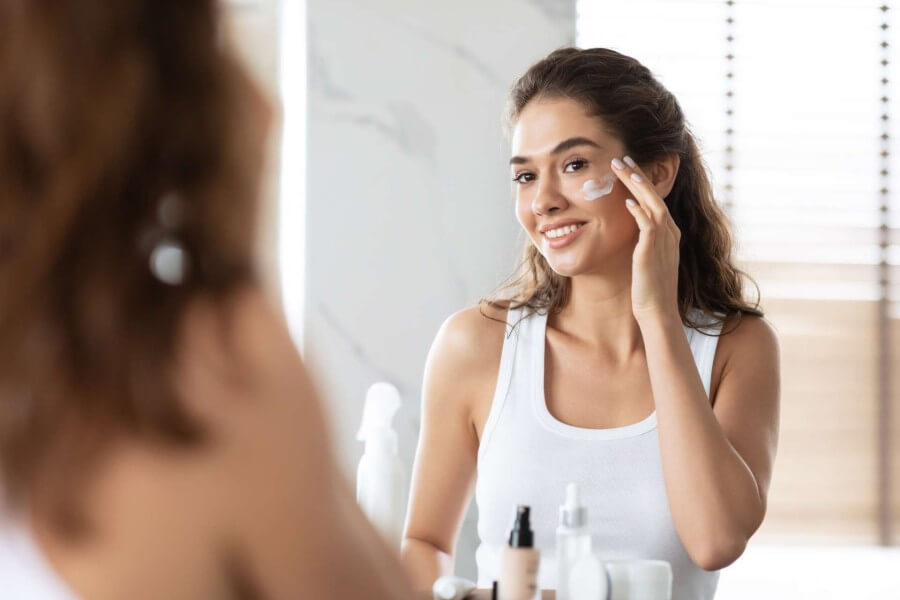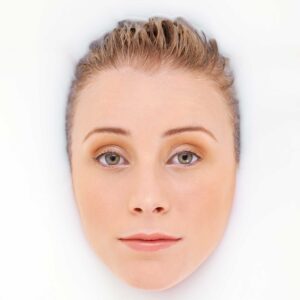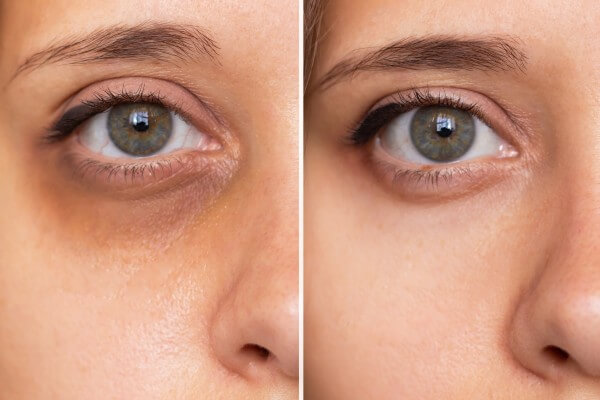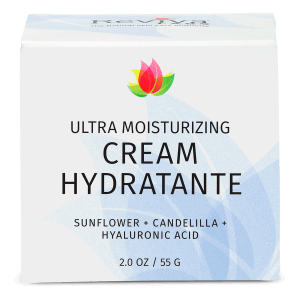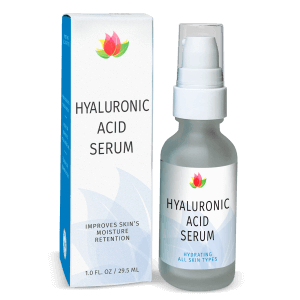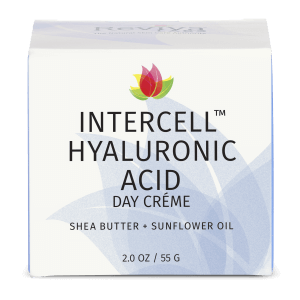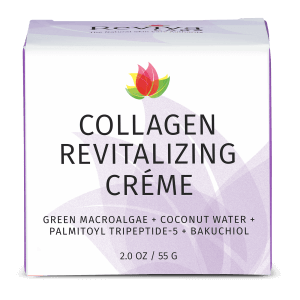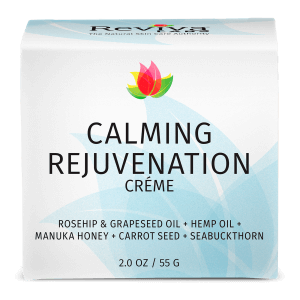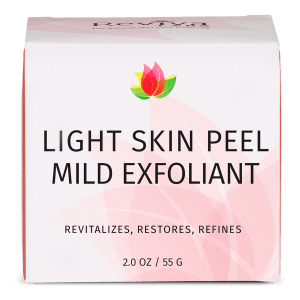Ingredients, Natural, Reviva Labs, Skin Care
Unmasking The Truth: Why Your Moisturizer May Not Be Working
Every skincare enthusiast knows that moisturizing is a non-negotiable step in the quest for a healthy, glowing complexion. However, what happens when your trusty moisturizer seems to be falling short? As it turns out, there could be a myriad of reasons why your moisturizer isn’t living up to its promise. Let’s unravel the mystery together.
Understanding Your Skin’s Needs
Before we tread deeper into the world of moisturizers, it’s crucial to understand your skin’s needs. According to skincare experts, our skin types generally fall into five categories: dry, oily, combination, normal or neutral, and sensitive. Each skin type has unique characteristics and demands specific care.
- Dry Skin: This skin type often feels tight and uncomfortable, with visible flakiness and rough patches.
- Oily Skin: Oily skin is characterized by an excess of oil on the skin’s surface, even shortly after washing.
- Combination Skin: As the name suggests, combination skin exhibits traits of both oily and dry skin, usually with some areas being oilier than others.
- Normal/Neutral Skin: This skin type is well-balanced, neither too oily nor too dry.
- Sensitive Skin: Sensitive skin tends to react to certain products with redness or irritation. It can accompany any skin type.
Understanding your skin type is the first step in finding the right moisturizer. However, more often than not, dry or oily skin can be a sign of improper hydration. This is why your skin can still feel dry or oily even after diligent moisturizing.
Pinpointing the Problem: Signs Your Moisturizer Isn’t Working
So, how can you tell if your moisturizer isn’t doing its job? Here are five tell-tale signs to watch out for:
- Dull Skin: Does your skin look dull or lackluster? Healthy skin should be bright and glowing. If your skin appears dull, it might mean that your moisturizer isn’t properly hydrating your skin.
- Reactive Skin: Are you experiencing any adverse reactions to your moisturizer like redness, rashes, or breakouts? This could be a sign that your moisturizer isn’t compatible with your skin.
- Oily Skin: If your skin suddenly becomes oily, it might be an indication that your moisturizer is not providing the right balance of hydration.
- Incompatibility with Makeup: Does your makeup flake or pill when applied over your moisturizer? This might suggest that your moisturizer isn’t compatible with your beauty products.
- Persistent Dryness: Does your skin still feel tight, dry, or look flaky despite regular moisturizing? This could mean that your moisturizer lacks the necessary hydrating components.
The Moisturizer Power Trio: Humectants, Occlusives, and Emollients
The right moisturizer for your skin should contain a blend of powerful ingredients that work synergistically to provide and lock in hydration. These ingredients typically fall into three categories: humectants, occlusives, and emollients.
Humectants
Humectants are a class of substances that attract water molecules from their surroundings, drawing additional moisture into your skin. Some powerhouse humectants to look for in a moisturizer include hyaluronic acid, glycerin, and urea.
Occlusives
Occlusives are ingredients that form a protective barrier on the skin’s surface, preventing moisture loss. They play a crucial role in maintaining skin health by protecting it from environmental factors. Some occlusives to look out for include ceramides, butters, and wax-based ingredients.
Emollients
Emollients are ingredients that help to smooth and soften the skin by filling in tiny gaps in the skin surface. They stabilize the formula of a moisturizer, enhancing its absorbability. Some beneficial emollients include squalane and nut oils.
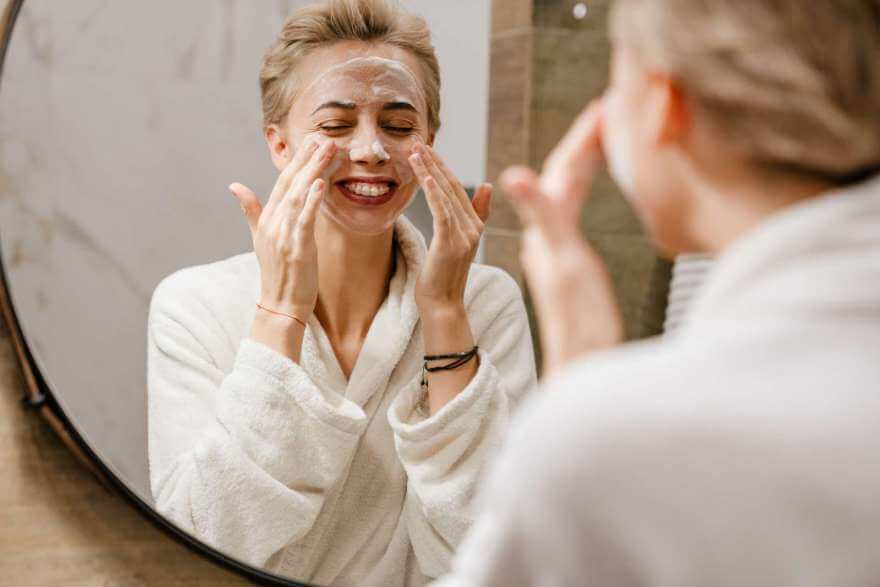
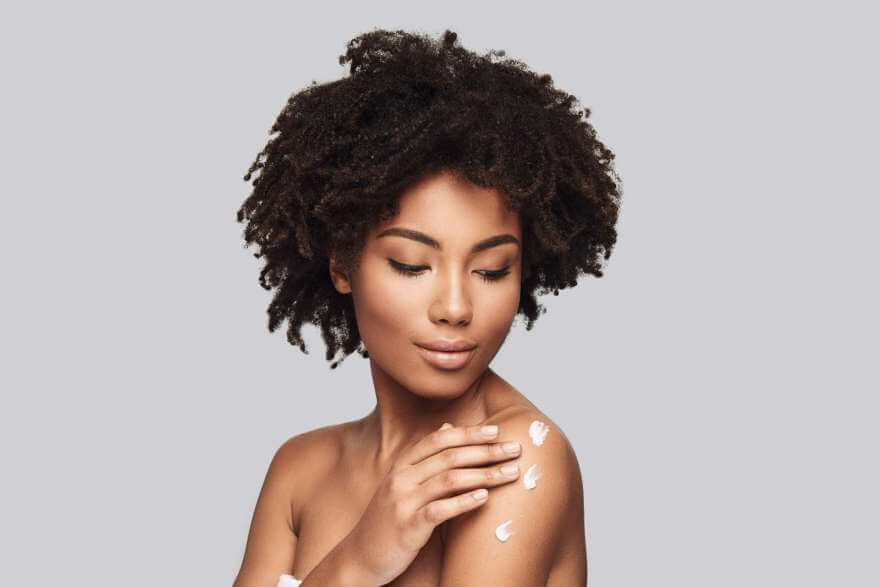
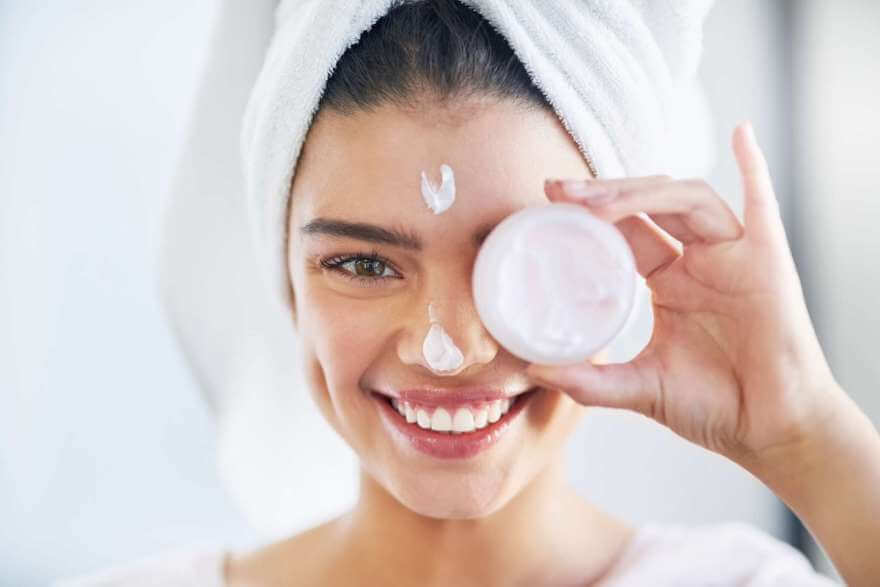
Optimal Moisturizer Application Technique
The way you apply your moisturizer can also impact its effectiveness. Instead of massaging or rubbing the product into your skin, try gently patting it in. This method increases pressure and heat, both of which help your skincare product to absorb better.
For the best results, it’s recommended to apply your moisturizer immediately after washing your face, while your skin is still damp. This allows the product to lock in the maximum amount of moisture.
The Importance of Regular Exfoliation
Regular exfoliation is another key factor in ensuring your moisturizer works effectively. Dead skin cells can accumulate on the skin’s surface over time, preventing your skincare products from properly penetrating the skin. Regular exfoliation can help to clear a path for your moisturizer to absorb better.
Choosing The Right Moisturizer For Your Skin Type
When it comes to choosing the right moisturizer for your skin, the formula is everything. For instance, if you have oily skin, you’ll want to avoid thick, heavy, greasy moisturizers as they might exacerbate your skin’s oil production.
On the other hand, if your skin is dry, a rich, hydrating cream or balm could be just what it needs to regain its suppleness. For combination skin, you might need to use two different moisturizers – a light, oil-free one for oily areas and a richer cream for dry patches.
Being Consistent with Your Skincare Routine
Finally, the power of consistency cannot be underestimated. Establishing a daily skincare routine and sticking to it is essential for achieving and maintaining healthy skin. Moreover, using moisturizers in tandem with an effective cleanser, toner, and other topical treatments can help amplify the effects of your skincare products.
In conclusion, finding the right moisturizer and using it effectively involves a careful understanding of your skin type, choosing a product with the right ingredients, applying it correctly, exfoliating regularly, and being consistent with your skincare routine. So, if your moisturizer isn’t working as expected, don’t throw in the towel just yet. With a few adjustments, you can ensure your skin gets the hydration it truly needs.
Want even more skincare advice from our experts? Follow our Instagram account for must-know tips and tricks. Or better yet, sign-up for a Free Virtual Skincare Consultation for a one-on-one video chat with a skincare professional.



